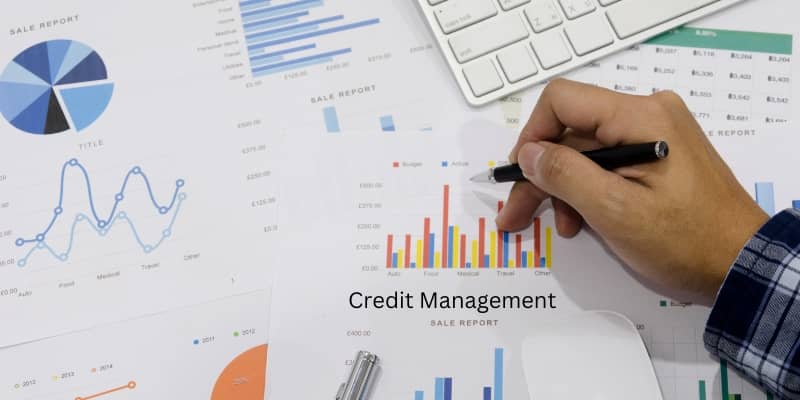Your credit score is one of the most important numbers in your life since it determines what rate you’ll be offered on loans, from mortgages to student loans to auto financing. If you have poor credit and need to improve it quickly, here are five tips that can help you get the best credit repair possible.
Use Less Of Your Total Credit.
Best credit repair is about being realistic and managing your finances responsibly. One of the best ways to maintain a good credit score is by using less of your total credit. This means not maxing out any credit card and only charging what you can afford to pay off in full each month. You may also want to consider transferring balances from high-interest rate cards to lower interest rate cards or choosing a balance transfer option if available with your current card company. If you have difficulty controlling spending, you might also need some help with that so try talking with a financial advisor or therapist who can help you work through any bad money habits that may be hurting your credit score.
Pay All Bills On Time
One of the best ways to improve your credit score is by paying all bills on time. You can do this by setting up automatic payments, which ensures that you won’t forget and will have a good track record of paying on time.
It also helps if you only use a certain percentage of your available credit, which will help decrease the amount of debt you have.
You should also make sure you don’t have too many outstanding debts or inquiries because this can hurt your credit score as well.
If you see an opportunity for a new credit card offer in the mail and can pay off your other cards first before opening up new accounts,
Check Your Credit Report
Checking your credit report is the first step to improving your credit score. Review your report for any inaccuracies and request a correction if necessary. Be sure that the correct information is listed in your file and that all of the accounts listed are closed. You can also dispute any items on your report that you believe are wrong, such as an old late payment or incorrect identification of a collection account.
If you have outstanding debt, be sure you’re making monthly payments on time and keeping your total balance as low as possible. Paying off outstanding debt will help increase your credit score, which may allow you access to better rates on loans and other services in the future.
Don't Apply For Too Many Credit Cards At Once
You might think that applying for credit cards all at once will increase your chance of being approved, but it has the opposite effect. When you apply for too many credit cards in a short time, lenders will see you as riskier and more desperate than someone who waits and applies for one or two cards at a time. Applying for any credit card can negatively impact your score, so be sure to do your research before applying. And remember, the best way to improve your credit is by paying off your balances on time every month.
Track Your Progress
1. Check your credit report
You need to know what information is in your credit report before you can do anything about it. You are entitled by law to one credit report per year, so get yours and be sure to check it for accuracy. Errors can often be found by looking at the list of creditors and reviewing how long ago the account was opened, closed, or transferred. Make sure that all of the items on your credit report are accurate and up-to-date.
2. Gather your financial documents
Maintaining an organized record of your finances will make managing them much easier, especially when you’re trying to pay down debt and repair a low credit score. A good way to keep everything together is with a binder or folder labeled credit where you can store things like copies of old bills, receipts from purchases, deposit slips from bank accounts, etc. Having these records will help keep track of any missed payments as well as aid in rebuilding trust after damaging financial incidents such as identity theft and bankruptcy.
3. Stay away from payday loans
Payday loans can seem like a good idea because they allow people who are short on cash to borrow money quickly. However, they come with very high-interest rates, making it more difficult to repay debts in full and maintain a healthy credit rating. As tempting as it may be sometimes, try not to use payday loans unless necessary because they could potentially make matters worse.
4. Protect your data
Data breaches happen every day and usually, we don’t hear about them until months later. If you have sensitive information stored online, whether it be social security numbers, banking passwords, or other personal data, you need to protect yourself. There are many services available now that allow users to control who has access to their private data.






